REVIEW – Yakuza: Like a Dragon, the Japanese action-adventure game, is soon leaving the PlayStation Plus Extra and Premium services. Missing out on this game would be regrettable, as it offers an exciting, groundbreaking, cliché-free narrative sprinkled with absurd humor. Its protagonist is a naive, perpetually unfortunate ex-yakuza who spent much of his life in prison. Despite its new, naive main character, Yakuza: Like a Dragon remains as entertaining as its predecessors. If you haven’t delved into this spin-off adventure yet, let us tell you why you shouldn’t miss it!
For over 18 years since its debut on the PlayStation 2, the Yakuza series has brought us seven main episodes (including Yakuza 0) and numerous spin-offs with varied themes, reaching audiences in Japan, America, and Europe. However, not all spin-offs were available outside Japan; for example, the medieval Japan-set PS3 and PS4 entries were exclusive to the Far East. Another noteworthy side story is the game Judgement, where instead of Kazuma Kiryu, the iconic protagonist of the series, we control a character who transforms from a lawyer to a detective.
The game’s primary setting, Kamurocho, has remained unchanged, as has the gameplay: until the release of Yakuza: Like a Dragon, the games featured simplified street fights enriched with punch combos. In Yakuza games, fighting is always the only option, using knives, swords, or objects found in the environment as weapons – guns are rarely used, and killing is never an option; we only beat them up thoroughly.
Adventure, Tactical Action, Twisting Story
The main change in Yakuza: Like a Dragon lies in its combat system: while fighting still plays a central role, real-time battles are replaced with turn-based combat, reminiscent of classic Final Fantasy or Persona series. Strategy and issuing commands dominate over reflexes, as characters execute the given instructions.
It’s worth noting that we no longer fight our way through the Japanese underworld alone; teammates join us. Among our team members are characters like Ichiban, similar to a rundown older figure (such as a burned-out, bulky cop), and Saeko, an attractive hostess girl.
During combat, besides basic functions, each character has unique attacks, such as Ichiban’s “charismatic convincing power,” which simply persuades enemy gangs to stop fighting.
The Lovable, Naive Buffoon as the New Protagonist
Without revealing too much about the story, we can certainly say that the game is filled with the series’ characteristic unexpected twists, thoroughly developed main and side characters, and often absurd humor. The quality is at least as high as in previous installments, even surpassing some episodes.
Ichiban Kasuga, the protagonist, is somewhat dumb but endearing, resembling figures like Voltaire’s perpetually optimistic Candide or the self-sacrificing Rocco from Visconti’s “Rocco and His Brothers.” He’s the naive, perpetual loser who always means well but often ends up short. We wouldn’t call him a tough yakuza, but this is precisely what gives the series its charm: it was never about the harsh, cruel criminal world.
There are rumors that the Japanese mafia financed the series to cast the yakuza in a more favorable light. Whether this is true remains unknown, but each installment of the Yakuza series is characterized by a unique narrative style, sometimes saturated with absurd humor, other times slightly melodramatic, complex, and full of twists, where the members and leaders of criminal organizations take the Japanese code of honor very seriously.
Next-Gen Consoles Reveal the Details of Japanese Ceramics
Tested on the PlayStation 5, the game’s graphics are stunning, both in texture sharpness and overall visual quality. When I visited a luxury entertainment venue in Kamurocho (the constant setting of the Yakuza games, inspired by Tokyo’s Kabukicho entertainment district) as Ichiban, I could even make out the details on Japanese vases. Similar praise goes to the design of various characters – the series’ creators have never had to be ashamed in this regard, but now they have raised the bar even higher.
It’s also important to mention the city’s design: whether walking through the city during the day or the neon-lit streets at night, the rendering is simply fabulous, creating the feeling of actually walking in Japan. The reflections in the puddles are real-time, not quite to the extent seen in “Watch Dogs: Legion,” but still impressive.
The Seventh Installment Does Not Disappoint
Yakuza: Like a Dragon is a worthy continuation of the series. Although it takes time to get used to the new, somewhat clumsy protagonist after Kazuma Kiryu, the series’ bad boy, the story itself is first-rate: sometimes dramatic, sometimes funny, and always groundbreaking.
The turn-based combat system might initially feel odd to series fans, but over time I came to appreciate it more than the original brawling action part. For those who enjoy rich, lengthy, and visually stunning action-adventure games, filled with extensive cutscenes and long dialogues, and have an interest in Japanese culture and the world of yakuza, Yakuza: Like a Dragon is definitely worth a try, even if it’s your first encounter with the series. Plus, coming in January 2024 is the monumental Like a Dragon: Infinite Wealth, continuing with the turn-based combat system. Those who have played or plan to play Like a Dragon Gaiden: The Man Who Erased His Name will find this installment mandatory to meet both heroes, as their major encounter and joint battle will be featured in the new episode! If you have PS Plus Extra/Premium and are interested in the game, don’t hesitate any longer, as it will leave the service on December 19.
-Gergely Herpai (BadSector)-
Pros:
+ New gameplay: RPG elements bring an update to the series
+ Improved graphics: Outstanding visuals, especially on new generation consoles
+ Deep story: Rich narrative and well-developed characters
Cons:
– AI issues: Sometimes wrong NPC behavior
– Traditional RPG elements: For some players, these may seem boring
– Interaction difficulties: It is sometimes difficult to interact with objects in the game
Publisher: SEGA
Developer: Ryu Ga Gotoku Studio
Style: Open-world action-adventure
Release: January 16, 2020 (PlayStation 4 in Japan and Asia), November 10, 2020 (Xbox Series X/S, PlayStation 4, Xbox One, PC), March 2, 2021 (PlayStation 5)
Yakuza: Like a Dragon
Gameplay - 8.4
Graphics - 8.5
Story - 8.6
Music/Audio - 8.5
Ambiance - 8.8
8.6
EXCELLENT
Yakuza: Like a Dragon innovates the series with RPG elements, stunning graphics, and a deep story. AI and interaction issues can be bothersome at times, but these are easily overshadowed by the game's strengths like its socially rich narrative and well-crafted characters. Overall, it provides an excellent gaming experience, staying true to the spirit of the Yakuza series while exploring new directions.

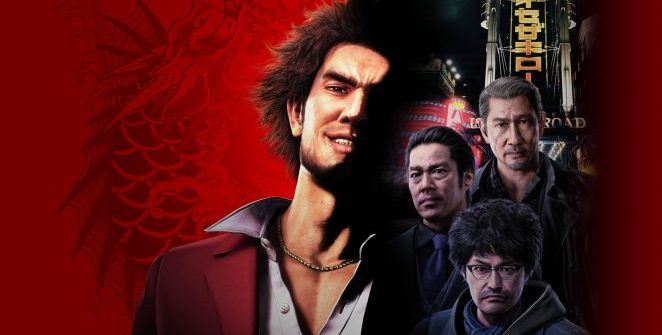
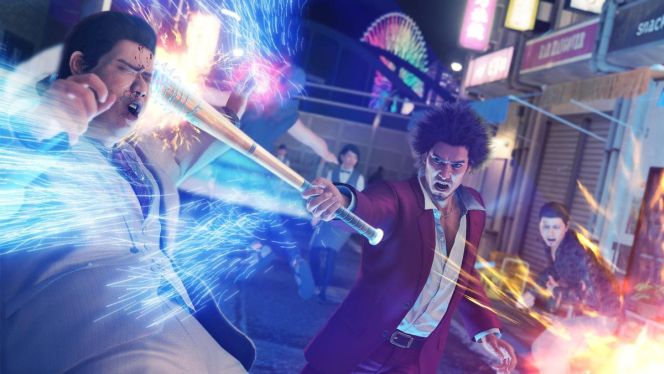
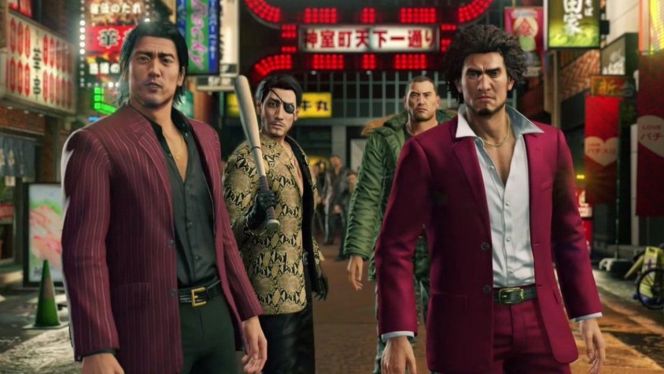
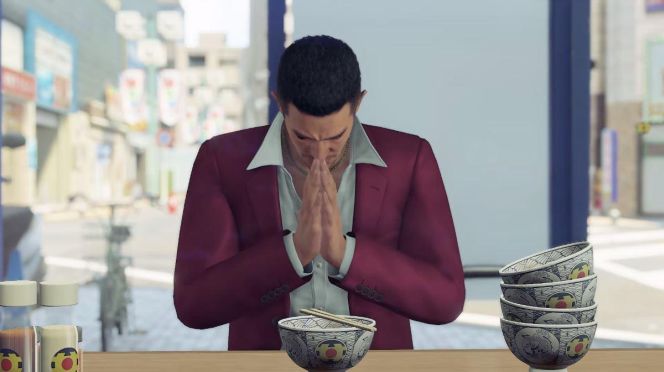
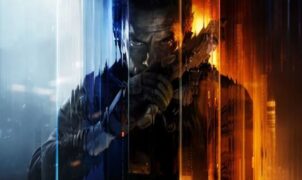


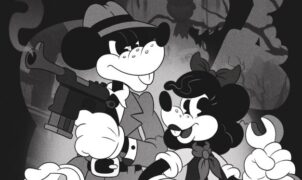





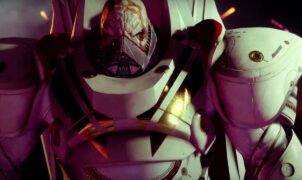
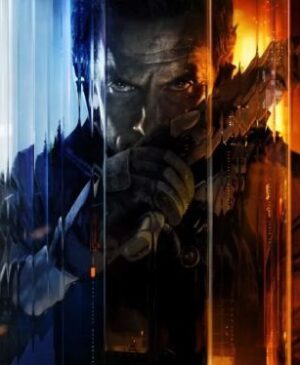

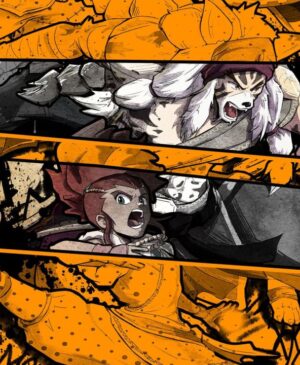
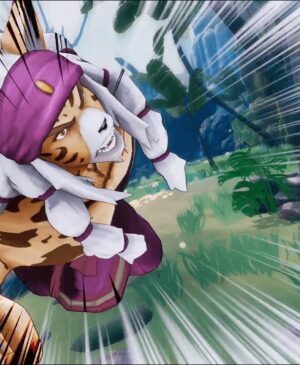
Leave a Reply